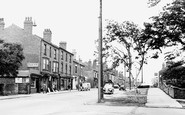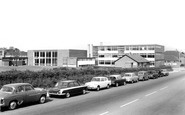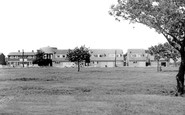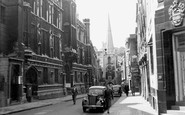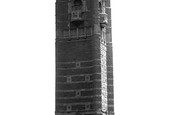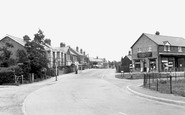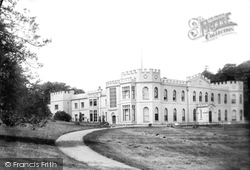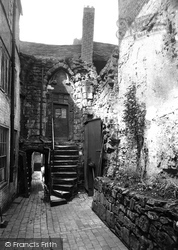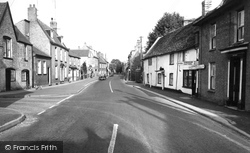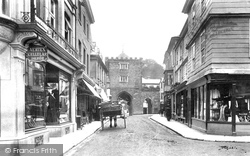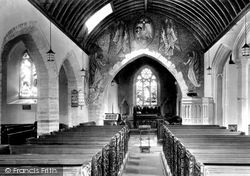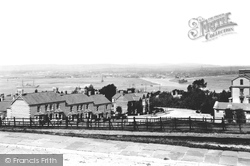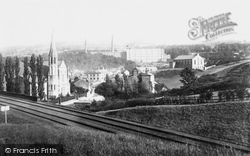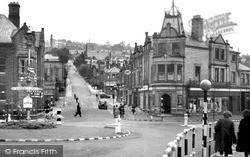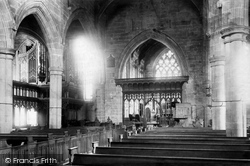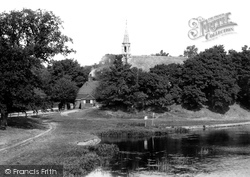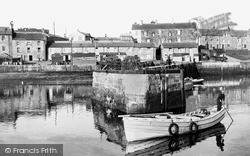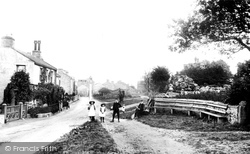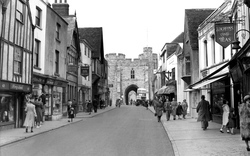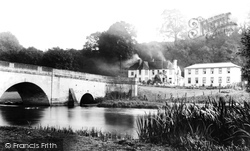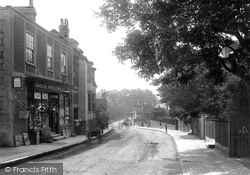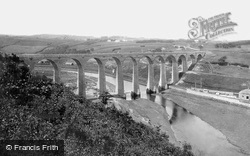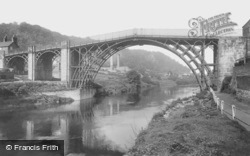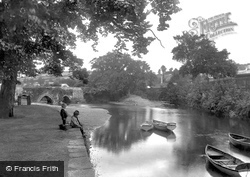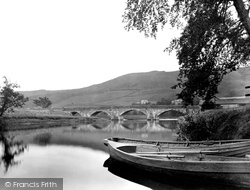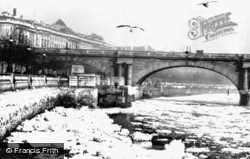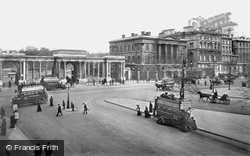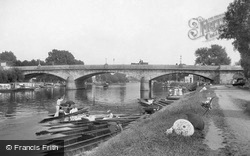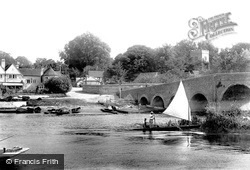Places
Sorry, no places were found that related to your search.
Photos
5 photos found. Showing results 181 to 5.
Maps
83 maps found.
Books
Sorry, no books were found that related to your search.
Memories
1,128 memories found. Showing results 91 to 100.
Eastwood Nottinghamshire
I lived with my grandmother (Elizabeth Jones), mother and sister at 72 Church Street Eastwood until I was about 7 years old (1956). My grandmother owned 4 (possibly 5) cottages in a row (ours being number 72) in Church ...Read more
A memory of Eastwood in 1954 by
Coomercial Studies
Went to the college from Heolgam Secondary school when I was 16. Took shothand, typing and all office Business related studies was Dale Stanton then. Although I went to a secondary school I still managed to get my O and A levels ...Read more
A memory of Bridgend in 1968 by
Mr Laidlaw
I read a post from STEVEN LAIDLAW asking if I/we remember his grandfather who owned a building company. Yes, Steven, I remember it well and I believe the entrance to his yard is still there in St. Albans Road, but I'm not sure. Mr ...Read more
A memory of High Barnet by
Badger Hall, Thundersley, Essex Circa 1900
My Great Uncle and Aunt, Archibald “Arch” and Clara Meade, owned Badger Hall, Thundersley, around the turn of the 19th to 20th century. It was then described as having 22 acres of parkland and holding ...Read more
A memory of Thundersley by
St John's Gate Broad Street
St John's Gate in Broad Street in Bristol is the only surviving medieval city gateway, at one one time there were seven gates into the old city. Fortified gateways pierced the town wall at intervals. St John's Gateway, ...Read more
A memory of Bristol by
Bristol's Cabot's Tower
Bristol's Cabot's Tower, and the penny pinching Council. Bristol's most prominent land mark, the Cabot Tower, was 100 years old in 1998. But the official opening was marked by a disastrous fire, a confidence trick and some ...Read more
A memory of Bristol in 1890 by
Cranford Shops 1980s 2010
Starting from Tesco Express: This used to be a block of about 2 or 3 shops which included a building society and a travel agent. Next to this was Barclays Bank which closed down in the late 1980s/early 1990s. It remained ...Read more
A memory of Cranford
The Shops And Doctors At Sandiway 1956
We first arrived in Sandiway in 1956. I remember getting off the bus at the top of Mere Lane and walking down towards our new home in Cherry Lane. The house was a 'tied house' belonging to the ICI and our ...Read more
A memory of Sandiway in 1956 by
Happy Days
Oh the memories stored away!! Charlie's opposite Cove Green, going there for sweeties on a Sunday, Cove Green (not as good as Tower Hill swings though!), Mundays closing at 1pm on Sundays, Thorntons with its yellow facade, and wool etc, I ...Read more
A memory of Cove in 1965 by
The Old School Memories
I attended Pengam school until 1945, when spotty Willliams was the head master, only a little man but he could swish the cane on you which I remember well. During the war we all had to carry our gas masks with us ...Read more
A memory of Pengam in 1940 by
Captions
1,233 captions found. Showing results 217 to 240.
Today, it has become St Michael's Independent and Day Boarding School, a much-respected educational establishment.
Today, parts of the old building (the arched doorway for example) can still be seen incorporated into the interior decor of a shop on Pride Hill.
Opposite is a pair of brick cottages with doors and windows in a pretty segmental arch, and on the pavement outside are some children's tricycles.
The south gate with its twin arches is a remnant of the walls which once enclosed the town.
The enormous mosaic above the chancel arch was created in 1905 in memory of the churchwarden's wife.
With their ground floor bay windows, they could be from a much later period, and would not look out of place in the 1930s.
There are any number of pictures of the mills in the archive, but not a single one of the twenty-three arched railway viaduct straddling the valley of the Bollin.
By the mid-Fifties, Crown Square had taken on a much more urban appearance, with black and white kerb markings, a Belisha beacon on the right, and traffic signs in the centre of the
The nave of Tideswell church dates from the 14th century, and its size and standing give the building the air of a much larger church or even a cathedral.
The village church is seen here from the Gothic, six-arched river bridge of 1864, which links Clifton Hampden with the Barley Mow inn.
After the trade finished in the 1860s some pre-1825 kiln arches on the quayside saw service as fishermen's stores.
The upper falls can still be viewed from a 16th century single-arch bridge over the Ure.
As we look from inside the city walls through the arch to St Dunstan's Street, we can see the route taken by Henry II when he came as a penitent after the murder of Thomas Becket in 1174, and by Henry
The three-arched, balustraded bridge at Shillingford dates back to 1827 and carries the Wallingford to Thame road over the river. The road was turnpiked in 1764.
Bridge Street slopes down to the river Mole and the 14-arch bridge of 1782.
The first brick was laid in 1882 and the first locomotive crossed the thirteen-arched viaduct in 1884.
It is a single-arched structure weighing 380 tons, with a span of 100 ft and an overall length of 196 ft. Today the bridge is restricted to pedestrian traffic only.
In the background is the ivy-clad nine-arched bridge spanning the Fowey River.
Perhaps the best-known feature of Burnsall is its magnificent, five-arched stone bridge across the River Wharfe, seen here from the river.
Canova considered the old Waterloo Bridge, with its nine elliptical arches, to be one of the most magnificent in Europe.
The handsome triple-arched gateway, with its classical screen and groups of Ionic columns, was intended originally to create a noble approach to the Park from Buckingham Palace.
The graceful three-arched bridge over the Thames was rebuilt in 1832 by John and George Rennie, close to the site of the many bridges that have crossed the Thames since the Romans first spanned it.
Seen from the footbridge to the Oxfordshire bank, the eleven-arch bridge is an 18th-century one that carries a vast amount of traffic, for Sonning is in effect Reading's eastern by-pass.
Without the finials and pinnacles seen in earlier photographs of Christ Church it looks a much plainer building.
Places (0)
Photos (5)
Memories (1128)
Books (0)
Maps (83)



